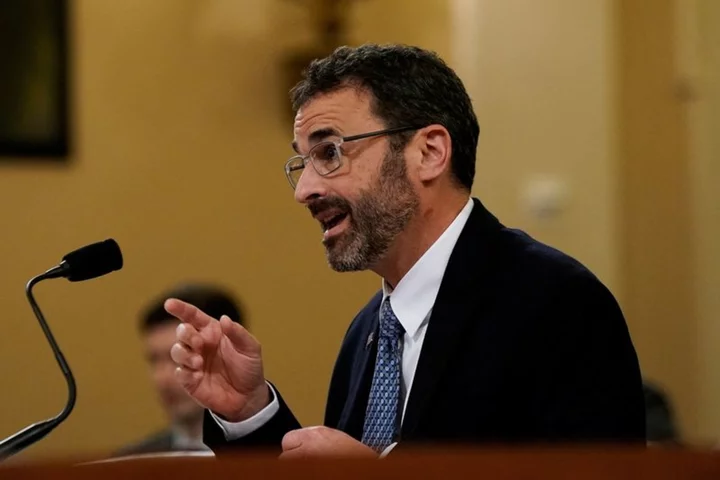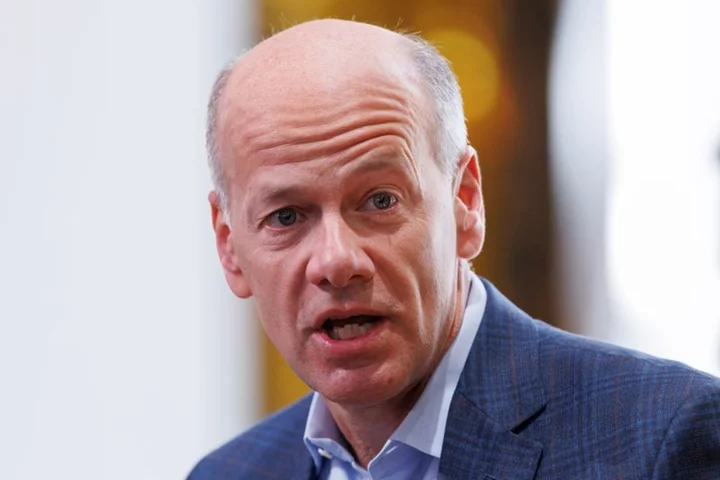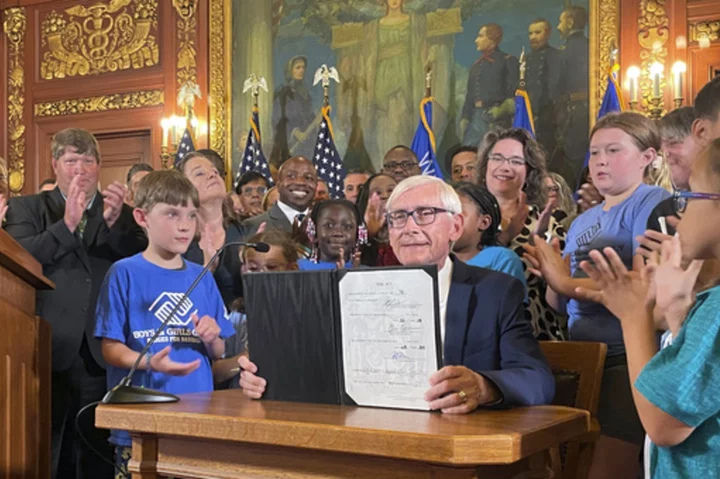By Kanishka Singh
WASHINGTON The U.S. Internal Revenue Service (IRS) said on Monday it was ending its policy of unannounced visits to taxpayers by agency revenue officers, reversing a decades-long practise to "reduce public confusion and enhance overall safety measures for taxpayers and employees."
"Effective immediately, unannounced visits will end except in a few unique circumstances and will be replaced with mailed letters to schedule meetings," the IRS said in a statement.
IRS Commissioner Danny Werfel announced the change as part of a larger effort to reform IRS operations after the passage last year of U.S. spending legislation called the Inflation Reduction Act and the creation of a new IRS strategic operating plan in April.
"Changing this long-standing procedure will increase confidence in our tax administration work," Werfel said, calling the change a "common-sense step."
The National Treasury Employees Union (NTEU) supported the policy change and said the step will help protect IRS officers whose job had become risky due to what it described as "false, inflammatory rhetoric about the agency and its workforce."
Werfel also noted the security concerns around these unannounced visits and said they created "extra anxiety" for taxpayers.
"We have the tools we need to successfully collect revenue without adding stress with unannounced visits," Werfel said, noting that funding under the Inflation Reduction Act will add more staffing for compliance work.
In place of the unannounced visits, revenue officers will instead make contact with taxpayers through an appointment letter, and schedule a follow-up meeting, according to the new policy.
The IRS noted there will still be extremely limited situations where unannounced visits will occur like in service of summonses and subpoenas; and also sensitive enforcement activities involving seizure of assets.
Such situations number less than a few hundred each year – a small fraction compared to the tens of thousands of unannounced visits that typically occurred annually under the old policy, the IRS said.
(Reporting by Kanishka Singh in Washington; Editing by Mark Potter)









